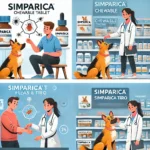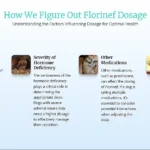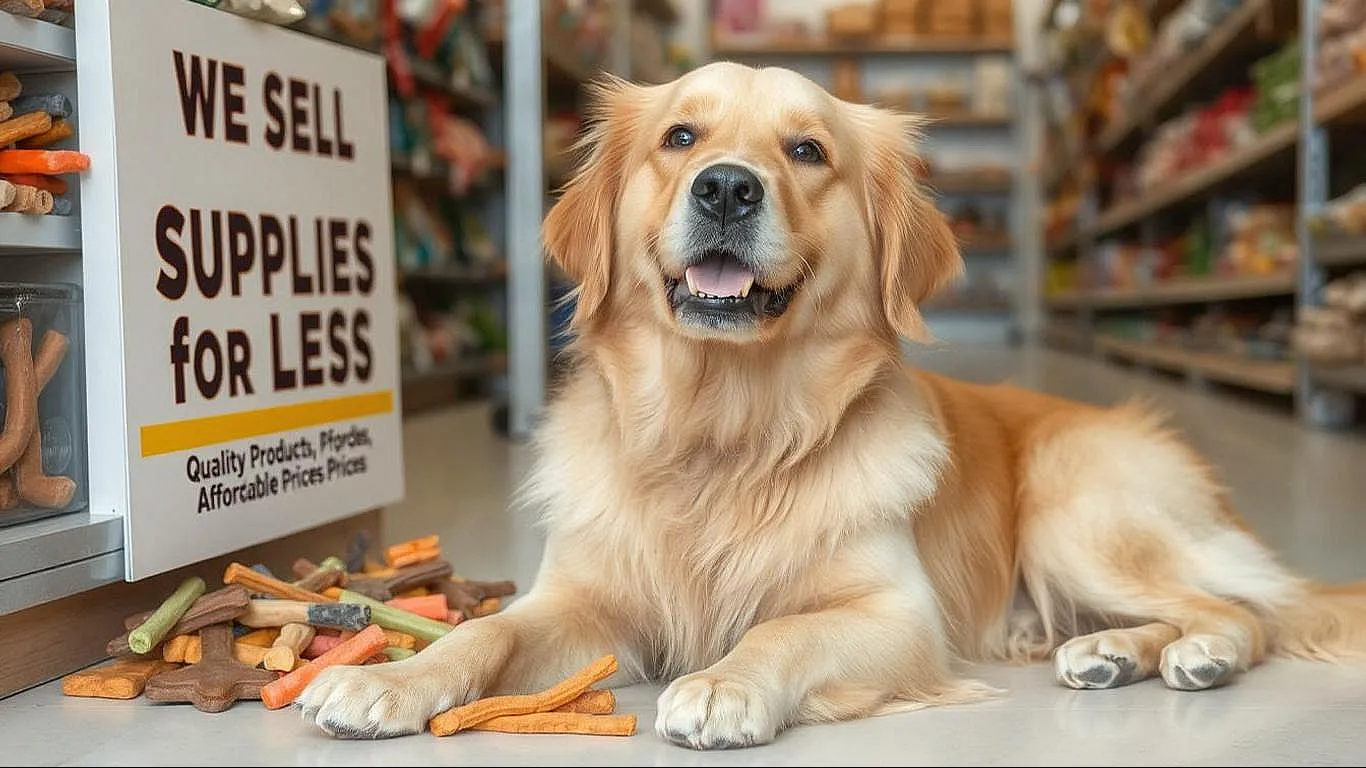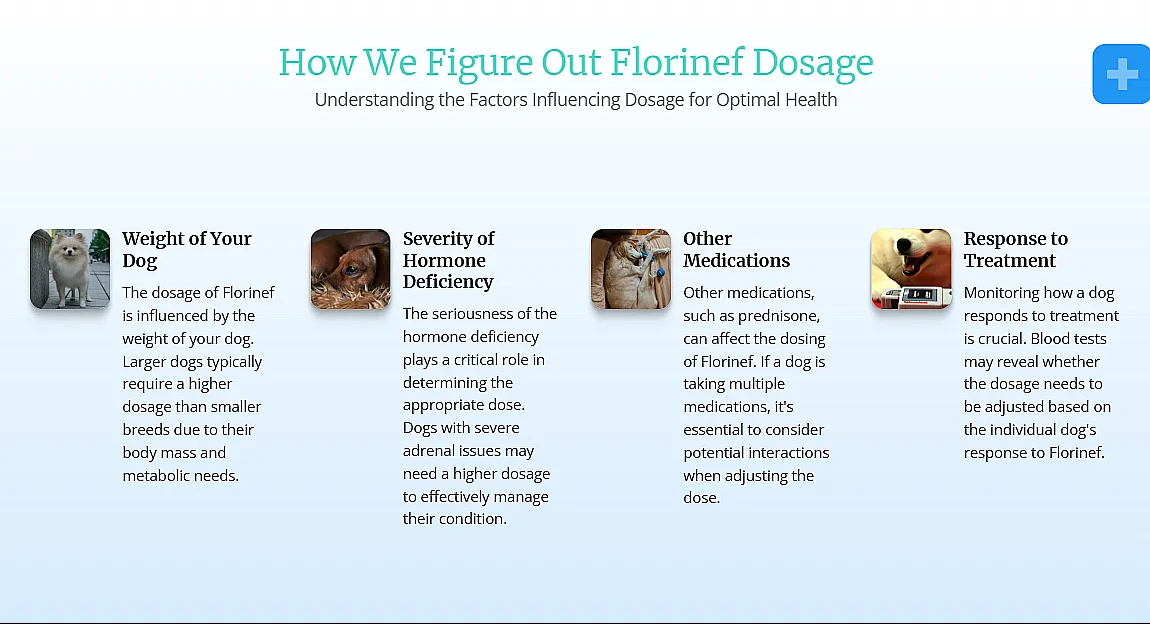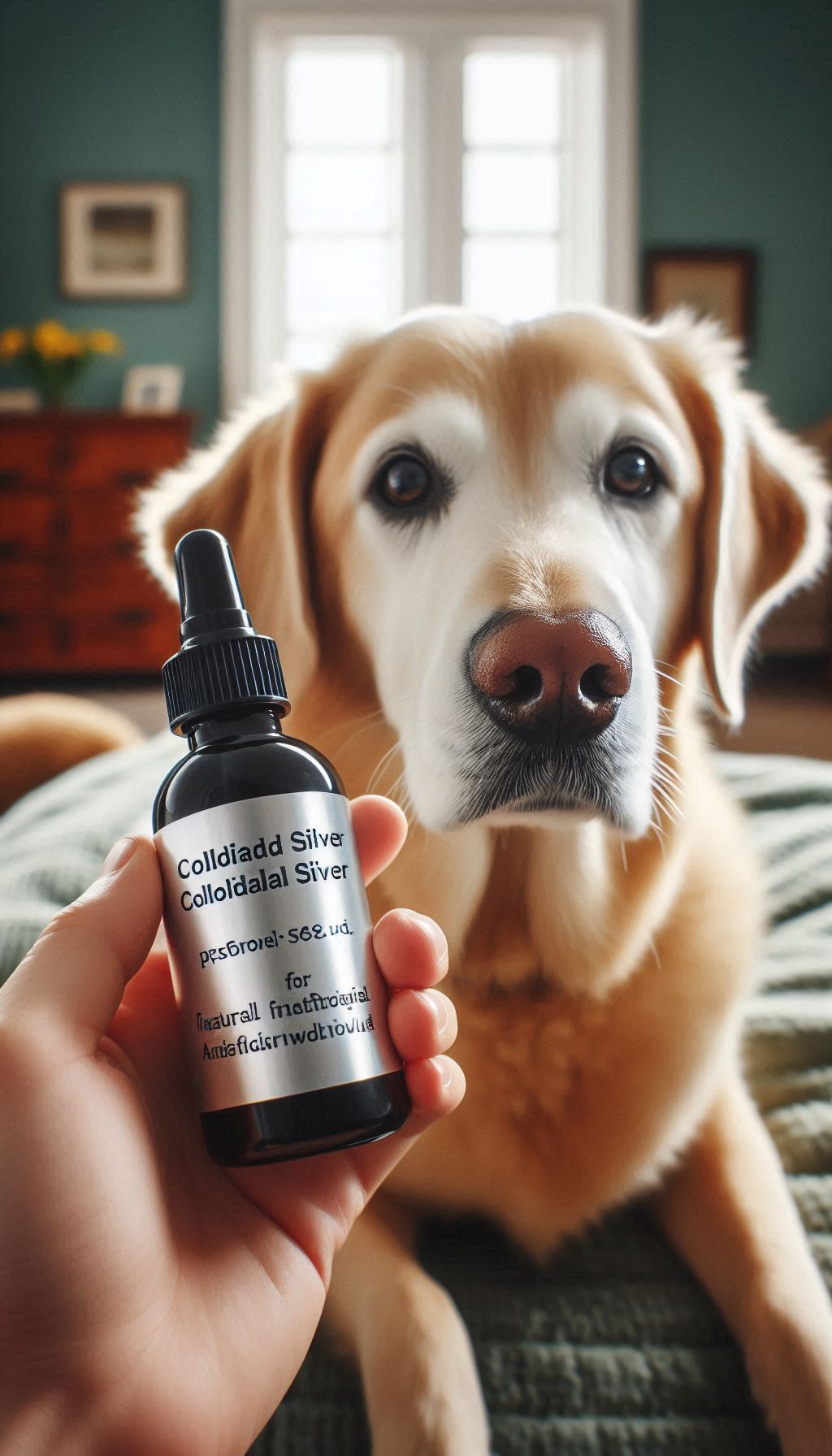Many dog lovers like me want to feed the best of the best things to our furry friends.
Beet is a vegetable that has lots of nutrition for humans but what if we give it to our furry friend? Can he eat it safely? If you are searching the internet for the same then you are at the right place.
I bet you need not go anywhere after reading this post. In this blog post, I will discuss beet for dogs, and how we can introduce this root vegetable safely. So let’s dive into the post.

Can Dogs Eat Beets? (quick answer)
Yes, dogs can eat beets! This vegetable is a healthy addition to your pup’s diet in moderation. It is a great source of vitamin C, fiber, folate, manganese, and potassium. However, canned beets should be avoided as they often contain too much sodium and preservatives.
Beetroots nutrition facts
It is a root vegetable that is often overlooked for its nutritional value. However, it is packed with essential minerals and vitamins. Here are some of the nutrition facts per 100 grams:
-Water: 87.6 grams
-Calories: 43
-Carbohydrates: 9.56 grams
-Protein: 1.61 grams
-Sugar: 6.8 grams
-Fat: 0.2 grams
They are rich in fiber, folate, and manganese. They also have high levels of potassium, magnesium, iron, and calcium.
Can K9s Eat Dried Mango? 3 Reasons Why Fresh Mango Is Better
How Often Can Dogs Eat Beets?
The simple answer is that They can eat as often as they like, as long as beetroots are cooked properly.
Are Beets Good for Dogs with Cancer?
Beets are a rich source of antioxidants and anti-inflammatory nutrients, The researchers believe that the antioxidants in beetroots may help to protect cells from damage caused by cancer.
How to Give Your Dog Beetroot?
It is not rocket science you just have to make sure it is cooked properly. This vegetable is full of nutrients that are good for your k9, but if it is not cooked properly, it can be hard for them to digest.
Fun fact
- It is also called the blood turnip.
- It has a sweeter taste- look for beets that aren’t any larger than a Tennis ball.
- It is a traditional food at Rosh Hashanah, the Jewish New Year because they’re a symbol of beginning and hope
Read also Can our furry friends Eat Swede? 5 Amazing Benefits You Should Know
Can Dogs Eat Cooked Beets?
Yes, dogs can eat cooked beets. In fact, there are many health benefits for your pup if you choose to feed them cooked.
They are a great source of fiber, vitamins, and minerals, and they can help support a healthy digestive system.
Moreover, the nitrates in this root vegetable can help improve blood circulation and oxygen delivery to the cells. If you’re looking for a healthy way to treat your pup, feeding them cooked beetroots is a great option.
Can Dogs Eat Raw Beetroots?
As they are a good source of minerals and vitamins, and they can be a healthy treat for your pup.
However, he should eat small pieces of raw because it can cause digestive problems, so it’s important to cook before feeding your pup.
Cooked beetroots are easier to digest, and they also contain less sugar than raw.
Can Dogs Eat Pickled Beets?
Pickled beets are high in sugar and sodium, so they’re not the best choice for your k9. Cooked are safe.
Can Dogs Eat Beetroot Leaves?
Of course, dogs can eat beetroot leaves safely. In fact, these leafy greens offer a number of benefits. Leaves are packed with nutrients like vitamins A, C, and K, as well as minerals like iron and potassium.
Can Dogs Eat Silverbeet?
Yes, dogs can eat silverbeet. This leafy green vegetable is packed with nutrients like vitamins A and C, as well as iron and calcium.
Can dogs eat beetroot greens?
Beet greens are a good source of vitamins A, C, and K and fiber and minerals like iron and calcium.
However, they also contain oxalates, which can bind to minerals in the body and cause health problems if consumed in large quantities. For this reason, it’s important to feed your furry friend only a small amount of at a time.
Can dogs eat orange Beetroot?
Yes, dogs can eat orange beetroots. These root vegetables are not only safe, but they are also beneficial. Orange ones are rich in fiber, which can help to regulate digestion.
Can dogs eat white beetroots?
While dogs can technically eat white beetroots, they generally prefer red. White is more sugary than their red counterparts. Therefore, it’s best to give your furry friend white beetroots in small quantities.
Can dogs eat beet skin?
While dogs can eat beets and their skin, cooked is a better option. It is a good source of vitamin C, so it can be beneficial for your pup.
However, as with anything, moderation is key. Too much can give your pooch an upset stomach, so avoid giving too much of this vegetable.
Can dogs drink beet juice?
Yes, dogs can safely consume beetroot juice. This vegetable is a good source of minerals and vitamins, including iron, potassium, and vitamin C.
Juice may also help to improve your furry friend’s digestion and circulation.
Can dogs eat canned beetroots?
No, dogs should not eat canned beetroots. Canned produce usually contains high levels of salt, preservatives, and other ingredients that can be harmful.
Can dogs eat golden beetroots?
Although golden beetroots are not toxic, they contain sugar and oxalates, which can be harmful to dogs.
When fed in moderation, golden can be a healthy addition to your pup’s diet.
Conclusion
I hope you enjoyed my blog post on the benefits of beets for your pup! Beetroots are one of the many vegetables that are considered a “superfood,” dog food meaning that they are packed with nutrients that can benefit your furry friend.




